A weakened Iran still has a major deterrent: the nuclear option
With Hezbollah reeling and its missiles failing to do much damage, attention turns to the threat posed by Tehran’s nuclear program. How close is it to a bomb and what can Israel and the US do in response?
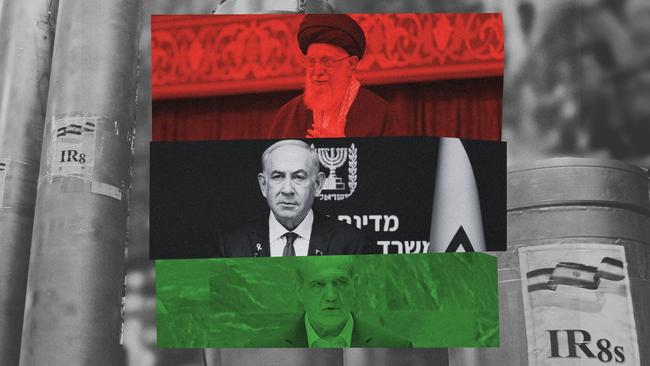
Israel has shown Iran’s two most important deterrents against an attack — its ballistic missiles and allied militia Hezbollah — are less powerful than previously thought. Now attention is turning to whether Iran will accelerate its nuclear program to deter its biggest regional foe.
For months, Iranian officials have said that Tehran has accumulated most of the knowledge needed to build a weapon and that it might reconsider Supreme Leader Ayatollah Ali Khamenei’s two-decade-old pledge not to procure weapons of mass destruction.
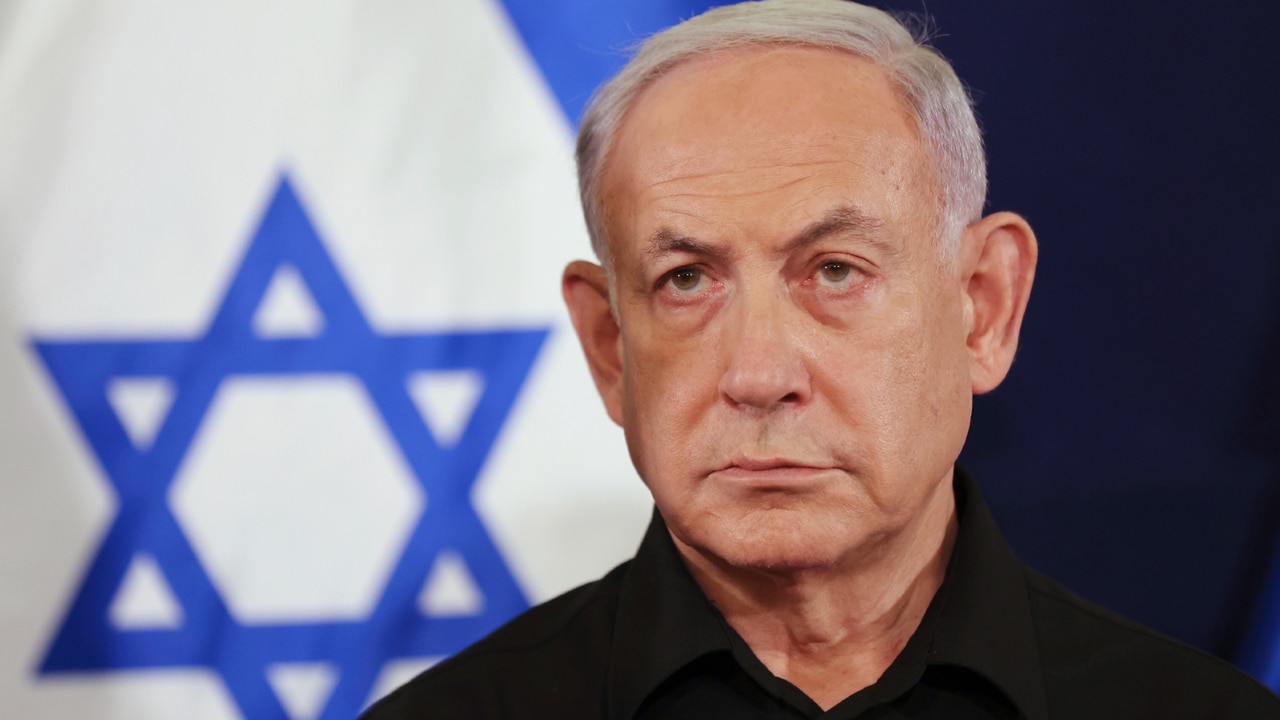
In late September, a former head of Iran’s atomic agency, Fereydoun Abbasi, suggested that Tehran could start producing 90% enriched, weapons-grade uranium. U.S. officials have said it would take Iran less than two weeks to convert its current 60% nuclear-fuel stockpile into weapons-grade material.
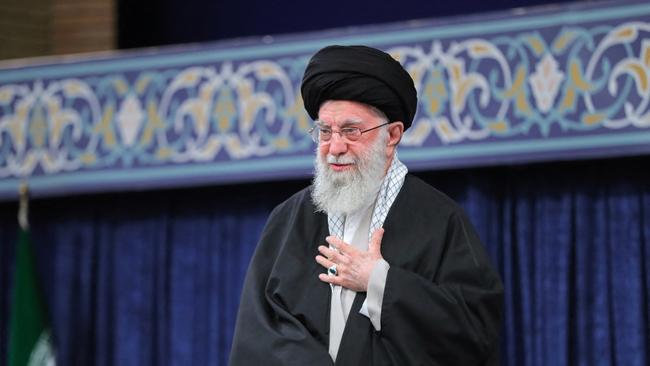
The 2015 nuclear deal curbed Iran’s program in return for sanctions relief. In the years since the U.S. pulled out, Tehran has significantly advanced its program, leaving it on the cusp of being able to develop a nuclear weapon.
“The weakening of its capabilities versus Israel will force Tehran to develop new sources of deterrence, increasing pressure on expanding the nuclear program,” said Gregory Brew, senior analyst on Iran and energy at the Eurasia Group consulting firm. “What we’re likely to see is more pressure to advance the program and warnings that it may not stay ‘peaceful.’”
OCTOBER 7: A YEAR ON
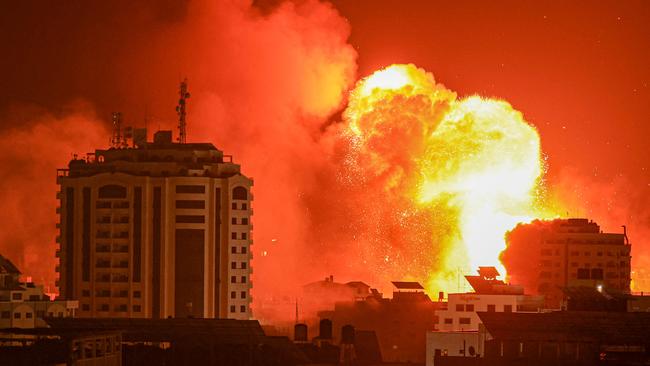
Will Israel become a Sparta of the Middle East?
One year after the brutal Hamas attack that ended Israel’s two-decade golden age of relative peace, expanding wealth and growing diplomatic ties, the country is now firmly on the counter-attack and preparing to be at war for years.
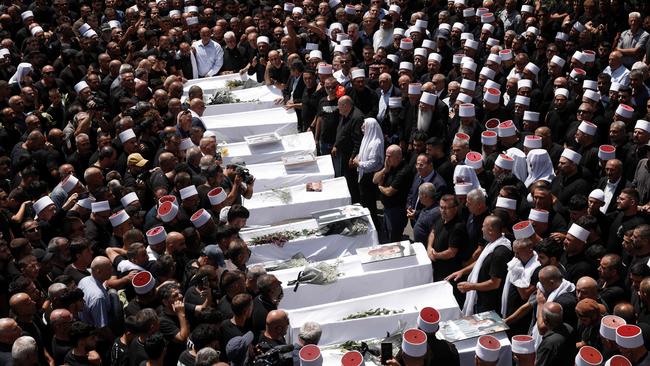
To the political left, some kids matter more than others
In my life I never imagined a situation where the government of a free, functioning democracy such as Australia would be unable to tell right from wrong. Would be so comfortable walking in step with the wicked, unable to take a stand against evil.
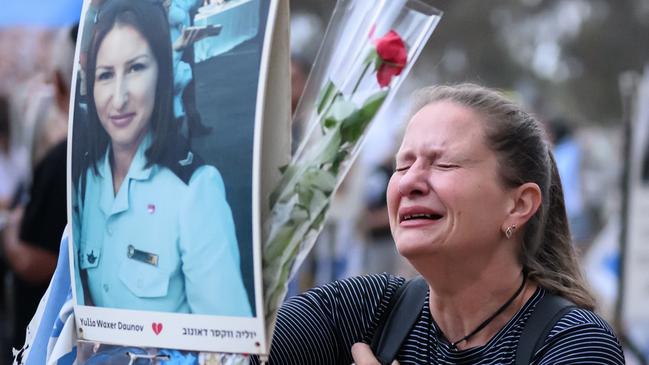
Fatal Nova festival site: Harrowing echo of the day the music died
Bound by wrenching misery, this community of survivors amassed in the dark for this saddest of reunions, waiting until exactly 6:29am – the moment when a final song that had been playing at the Nova festival was cut off due to the incoming rocket fire.
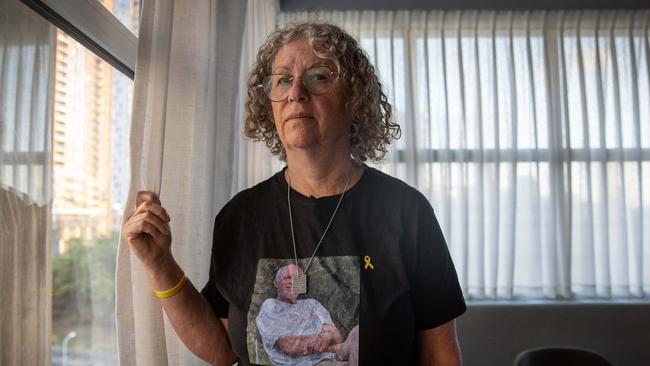
After ‘51 days of hell’, former hostage haunted by fear for husband
Aviva Siegel longs for Keith, her beloved husband of 43 years, left behind by a deal that was struck to set her free. Her heart remains in Gaza: in a filthy room, with a weakened Keith, somewhere in the territory’s miserable ruins.

Amid tragedy, Yaari holds on to precious life
Until last week, Yaari Vigder’s world had been a picture of happiness. He lived with his fitness instructor wife and baby boy in the historic port city of Jaffa. A terror attack changed everything.

In exile: how Jews became a perpetually persecuted people
Without a homeland, their community was at the mercy of monarchs, popes and prime ministers. For the writer, tracing the history of Sephardic Jews in Europe was to walk in the forever-moving footsteps of his forebears.
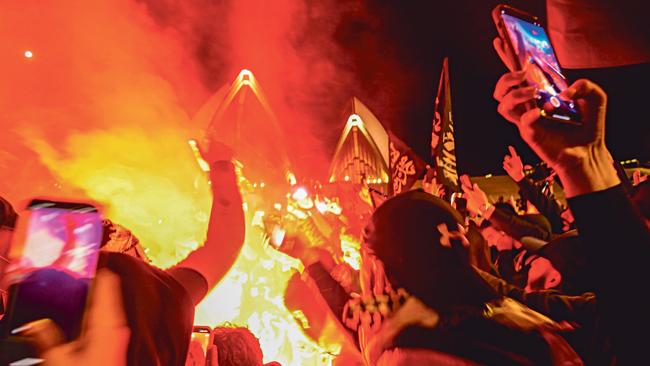
We need to talk about the crisis in Western civilisation
The October 7 pogrom unleashed a wave of sympathy across the West – for the perpetrators.
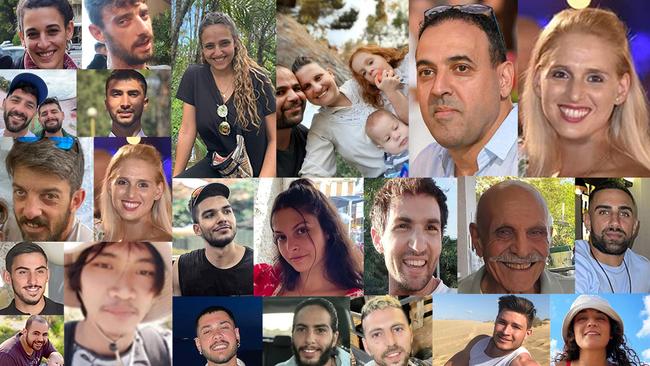
The nagging thought haunting the families of the Hamas hostages
A year on from the October 7 attacks, with more than 60 hostages still in captivity inside Gaza, families are stuck in a world of questions without answers.
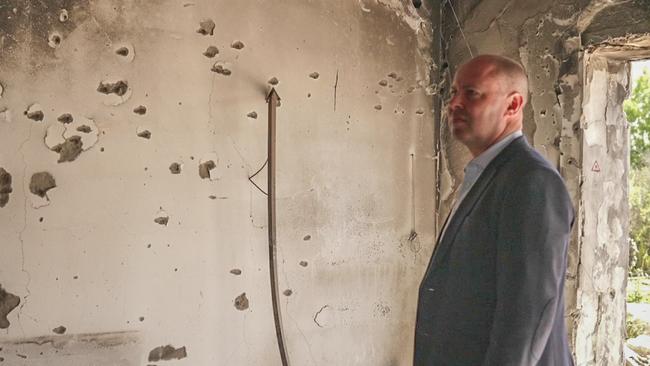
Australia has been weak when we needed to be strong
Labor’s doublespeak and equivocation have made the nation less safe as a result.
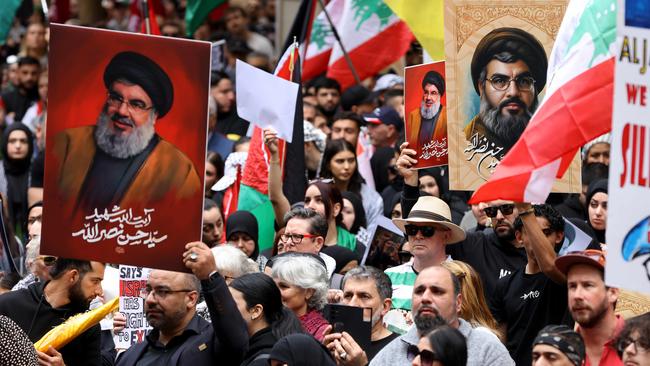
Look around, and you’ll see Hamas’ goals of October 7 fulfilled
Israel is fighting on every front, anti-Israel protests are global, diplomatic pressure on Israel is building and its allies are losing patience. Division and mistrust between Muslim, Jewish and other populations are growing around the world. There is only one way to turn it around.

The real-life horror movie our politicians refuse to see
Raw footage, running for about 45 minutes, captures the unspeakable horror of October 7: innocent people being murdered, beheaded, hunted down, raped, kicked, bashed, burnt alive. Here’s what Australia’s leaders had to say when I asked if they had seen it.
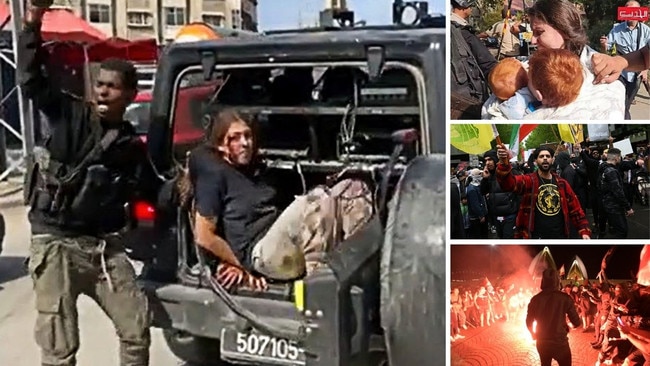
Australia is not the same country — but too many are in denial
Since the October 7 attacks, Australian values have been traduced. What is happening affects the entire country and the collective impact is profound.
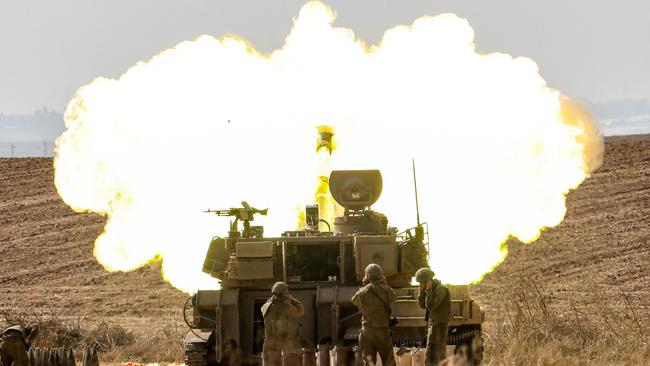
Two enemies, two paths – and one deadly objective
Iran relies on violence to achieve its goal of destroying Israel and its people, while the Palestinian threat is more subtle.
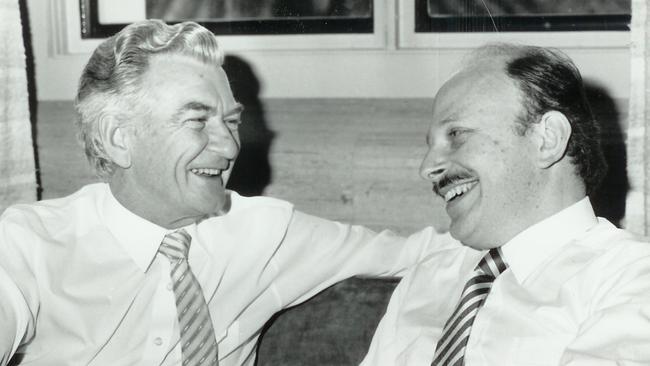
‘Genocide’ the modern-day blood libel to demonise Jews
The anniversary of the October 7 massacres compels me to reflect on the toughest 12 months of my long, happy and deeply fulfilling life as a Jewish Australian.
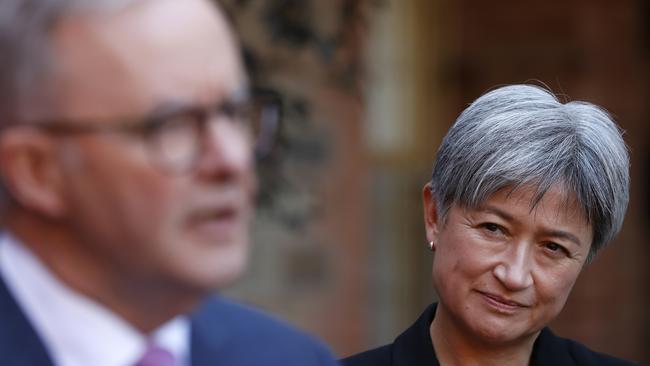
The tweet that captures the cowardice of Labor
There is deep sorrow still on this anniversary of October 7 among Jews of the left like me, deep sorrow and pain. And there is a sense of betrayal.
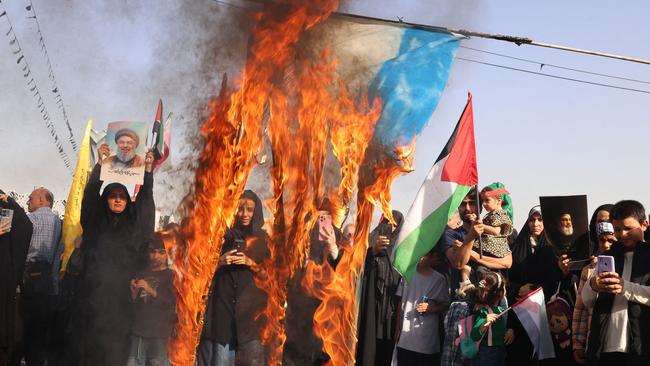
The fight against terrorism has an urgency beyond the survival of Israel
In degrading Iran’s capabilities, Israel is not only protecting its own security, it’s reducing one of the central strategic threats to the liberal international order and to the West. Washington understands this. Canberra does not.

No longer ‘one and free’: Nation torn apart by vile ignorance
Not since the Vietnam war, more than half a century ago, has a foreign conflict so divided the nation.
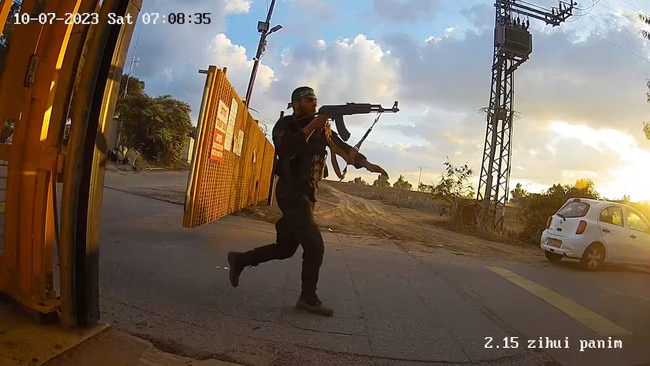
‘They’re here’: a family’s tale of escape as Hamas terrorists attacked
The October 7 terrorist attacks in Israel shocked the world. In this gripping first-hand account, Amir Tibon describes how his family’s safety hung in the balance for hours.

A year on, the fear and the fight are still the same for survivor
A year has passed since Michal Ohana hid underneath a military tank for seven hours in southern Israel as she watched and heard Hamas militants kill dozens of people in the festival grounds around her.
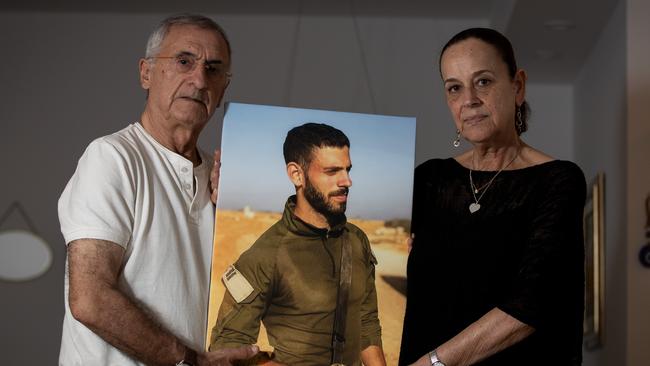
Warriors with a human touch set the standard
Tal Grushka, a 25-year-old company commander killed on October 7, held a vision of Israel as a safe haven for Jews, at peace with its neighbours.
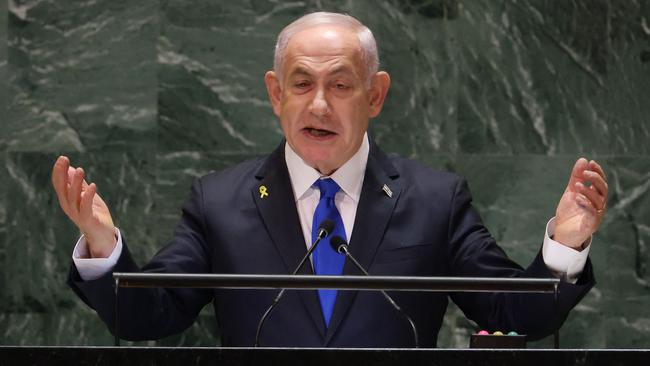
Bibi shows West what leadership should look like
Benjamin Netanyahu has been a hate figure to the left in the past but since October 7, he has demonstrated his true strengths.
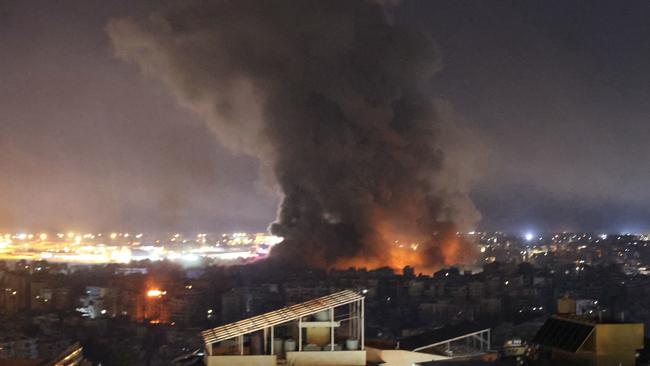
War will end when Israel’s foes stop attacking it
Hamas began hostilities on October 7 when it invaded southern Israel and began slaughtering and kidnapping Israelis. Only an evil or foolish leader would start a war. But nations are entitled to defend themselves against attack.
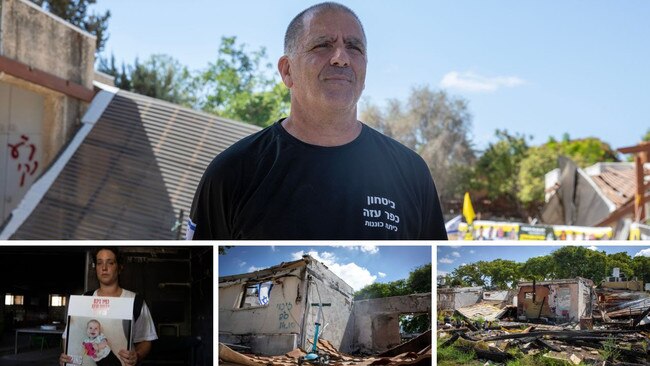
Home to a shattered peace, tormented by the memories
The kibbutz of Kfar Aza was founded with peace in mind. Its founders dreamt of an Israel where Jews and Arabs would work and live together. That vision of harmony is gone.
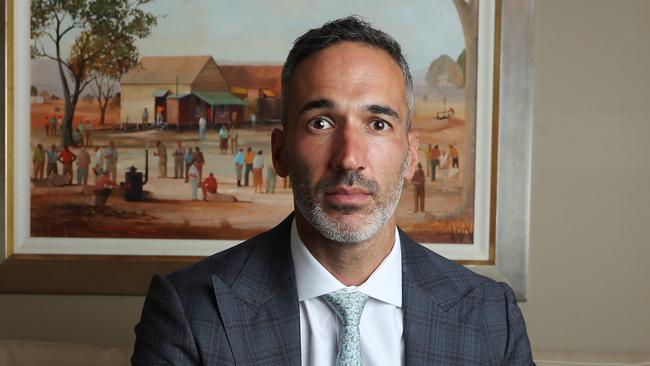
Attacks on Jews at record levels
Australia’s Jewish community has suffered its most traumatic year since records were first kept, with more than 1800 anti-Semitic incidents reported across the country, a staggering 324 per cent increase on the previous year.

Single day changed these Gazan’s lives
Separated by closed borders, clutching invitations for cancelled weddings, Palestinians entered a year of limbo that still has no end in sight.
How close is Iran to a nuclear weapon?
While it claims its nuclear program is for purely peaceful purposes, Iran is the only non-nuclear weapons power that produces highly enriched uranium. It currently has enough near-weapons-grade fuel for almost four nuclear weapons, according to the most recent data from the International Atomic Energy Agency. Iran also has been conducting experiments with uranium metal, a key component of a nuclear weapon, and has cut back much of the international oversight granted by the nuclear deal.
U.S. intelligence officials and the IAEA no longer offer what were once standard assurances that Tehran isn’t working on a weapons program. U.S. officials said this summer that Tehran had begun activities to gain more of the knowledge needed to build a bomb. Iran’s weaponization work would be harder to swiftly detect. Some experts believe Iran could produce a crude nuclear device in a matter of months.

What could Israel and the U.S. do in response?
Israel has in the past taken action against Iran’s nuclear program through sabotage without permanently setting back Tehran’s enrichment efforts. Still, a dash for a nuclear weapon — which the U.S. has vowed to prevent — would carry huge risks for Iran.
Israel has demonstrated deep intelligence penetration into Iran and its allies through its recent attacks, including one that killed Hamas political leader Ismail Haniyeh in a military-run guesthouse in Tehran. Israel could choose to strike Iran’s nuclear sites if Tehran accelerates its nuclear work.
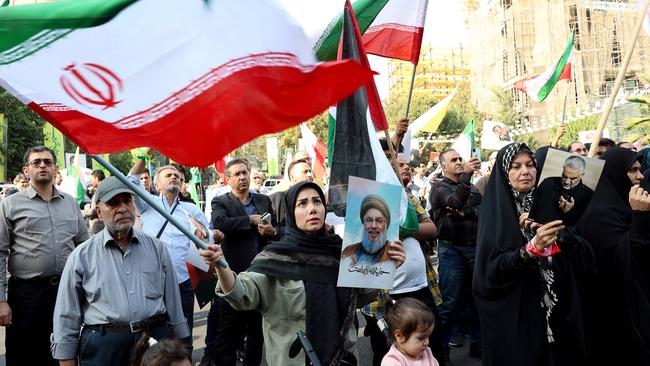
Israeli Prime Minister Benjamin Netanyahu said last week that Iran had “made a big mistake” with its missile attack and would pay for it. In a separate speech last week directed at the Iranian people, he said, “There is nowhere in the Middle East Israel cannot reach.” Hezbollah, the world’s most heavily armed nonstate militia, has long been seen as Iran’s main insurance policy. The Lebanese group, which is designated by the U.S. as a terrorist organisation, is positioned on Israel’s border. But the recent Israeli military campaign has weakened the group, killing its longtime chief, Hassan Nasrallah, and targeting its weaponry. Last week, Israel launched the first ground operation into southern Lebanon in about two decades to attack Hezbollah positions in villages near the border.
Iran’s other major threat is its estimated stockpile of at least 3,000 ballistic missiles. While a number of missiles made it through Israel’s air defences in a 180-missile barrage last week, they did little damage. Tehran has threatened to unleash a bigger attack.
After Iran’s first-ever direct attack on Israel — an April barrage of more than 300 missiles and drones — Israel responded with a small warning shot, knocking out air-defence batteries located just 13 miles from Iran’s Natanz nuclear-enrichment facilities.
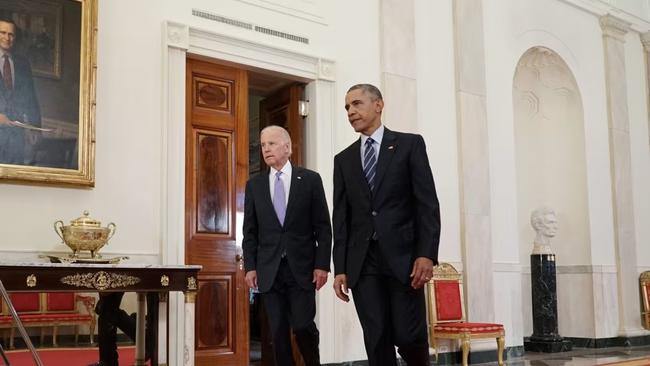
The Head of Iran’s atomic agency, Mohammad Eslami, said last week that the country’s armed forces had created the necessary deterrence against what he said were Israeli threats against his country’s nuclear facilities.
Israel so far has chosen not to act alone in striking Iran’s nuclear facilities. While the Biden administration has said the U.S. would ensure that Iran faces severe consequences for last week’s attack, there is no appetite in Washington for a broader war, particularly ahead of November’s presidential election.
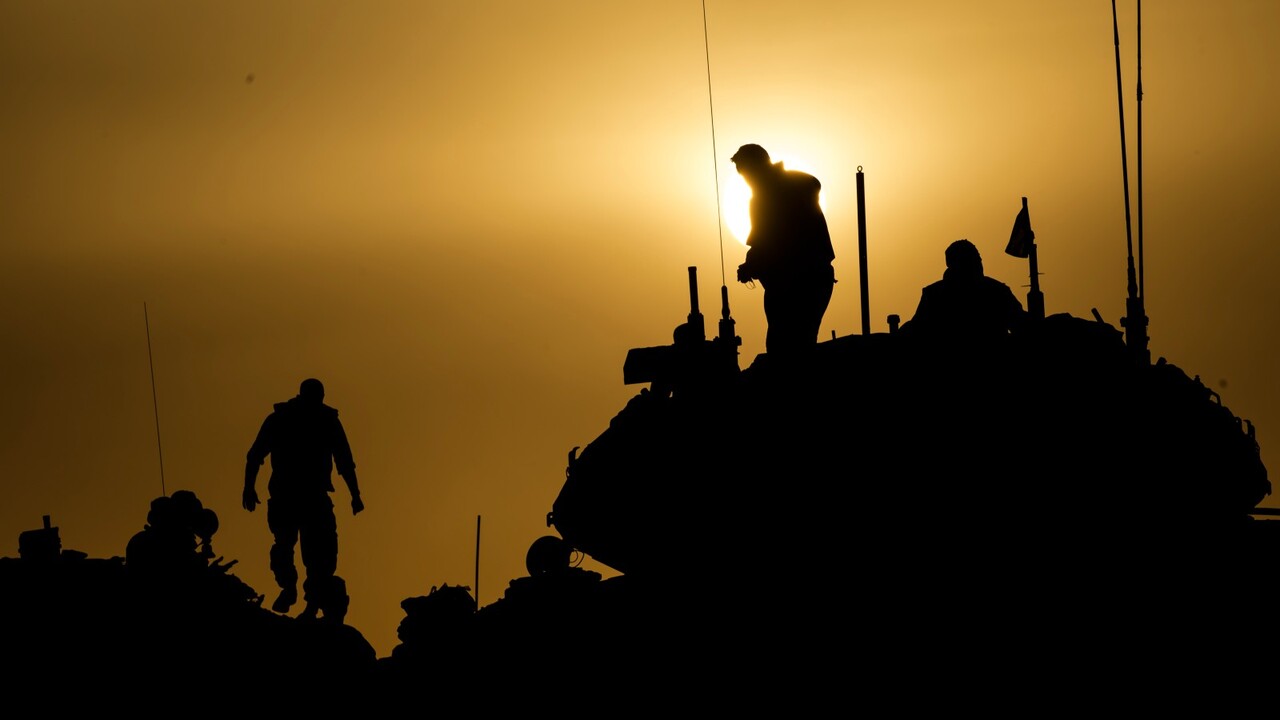
Israeli air strikes would damage Iran’s nuclear enrichment sites, but fully disabling its nuclear program would pose significant challenges, said people familiar with Iran’s nuclear program. It is unclear how deeply Israeli strikes could penetrate new facilities Tehran has built deep underground at Natanz or the Fordow site, which is dug into a mountainside.
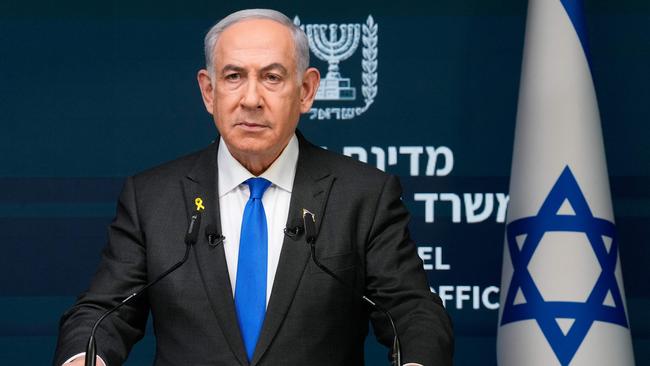
There are challenges beyond the fortifications, the people said. Iran holds more than five tons of enriched uranium — including 165 kilograms of highly enriched uranium — outside of its enrichment facilities and next to mobile vans that can move it quickly. Air strikes would also be of limited value against the work Tehran would need to do to build a bomb — its potential weaponization efforts. In the past, Israel is believed to have assassinated several of Iran’s top nuclear scientists as a way to prevent that work.
The risk of setting off race to a bomb
An attack that merely pushes back Iran’s nuclear program by months or a year would be a major gamble. Iranian officials have previously warned that an attack could prompt them to follow in North Korea’s footsteps and quit the treaty that ensures international oversight of nuclear programs.
“The big question then will be whether Iran withdraws from the Non-Proliferation Treaty and kicks out the inspectors,” said Eric Brewer, deputy vice president at the Nuclear Threat Initiative’s Nuclear Materials Security Program.
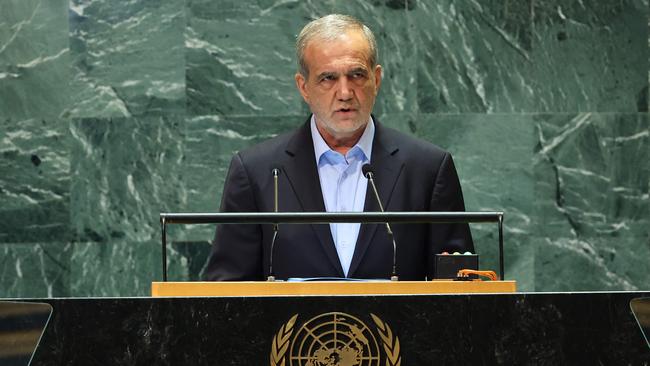
An Iranian race for a nuclear bomb could force the U.S. to act to stop Tehran from attaining a nuclear weapon.
Iran may decide for now to continue its incremental approach of inching closer to nuclear-weapons capabilities, said Michael Horowitz, the Israel-based head of intelligence for the consulting firm Le Beck.
“Iran will focus on its own security first, before taking any drastic and risky steps, including building a bomb,” he said.
A nuclear push also comes with political liability for Iran. Recently elected President Masoud Pezeshkian intends to use diplomatic outreach to win relief from Western sanctions on Iran’s ailing economy. Any hope of achieving that likely hinges on Iran’s taking steps to end its production of highly enriched uranium and granting improved access for the United Nations’ nuclear agency, the IAEA.
“I don’t think Iran would have made the decision to retaliate without some level of introspection when it comes to its nuclear program,” said Nicole Grajewski, fellow at the Nuclear Policy Program at the Carnegie Endowment for International Peace.
“This doesn’t mean like all out weaponization but perhaps more work on ensuring their ability to quickly weaponize if need be,” she added.
The Wall Street Journal

To join the conversation, please log in. Don't have an account? Register
Join the conversation, you are commenting as Logout